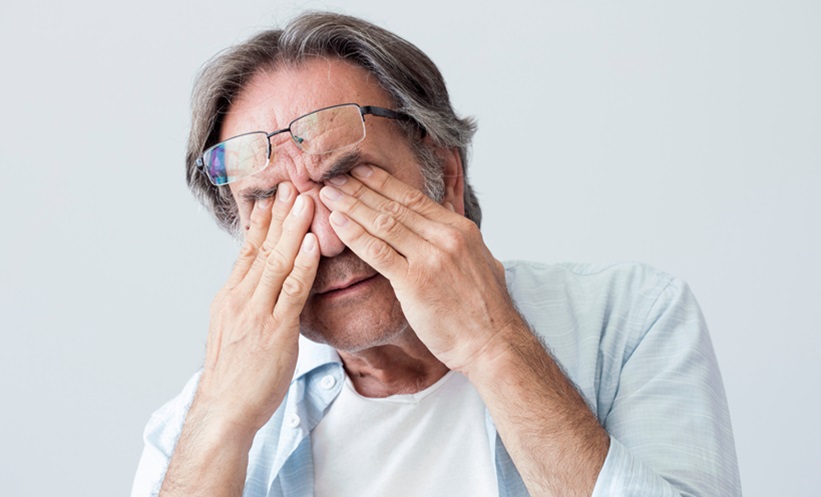PROSTATE cancer (PCa) is the second most common cancer in men worldwide, with androgen deprivation therapy (ADT) being a leading treatment option. ADT suppresses testosterone production to manage PCa, but it often leads to side effects, with cancer-related fatigue (CRF) being the most common, affecting approximately 74% of patients. CRF significantly impacts patients’ daily activities, social engagement, and treatment adherence, with one-third of patients reporting symptoms six years post-ADT.
To manage CRF, physical activity has emerged as an effective non-drug intervention. Research highlights that exercise may reduce inflammation and enhance physical fitness, both of which can alleviate CRF. International guidelines suggest at least three weekly sessions of moderate-intensity endurance training or two sessions of resistance training to combat fatigue. Despite these recommendations, the evidence supporting specific exercise protocols remains insufficient.
Baduanjin, a traditional Chinese exercise combining aerobic movement, breathing, and mental focus, has shown promise in improving CRF in cancer patients. Originating in China, Baduanjin emphasises body-mind balance, targeting both physical and psychological health. Studies suggest that it can improve physical fitness, enhance sleep quality, and alleviate anxiety, depression, and fatigue. These benefits make it a potential complementary therapy for patients with prostate cancer undergoing ADT.
Baduanjin consists of eight simple, flowing movements focusing on deep breathing, muscle relaxation, and mindful awareness. This low-to-moderate-intensity exercise aligns with American College of Sports Medicine guidelines and is associated with improved limb strength, balance, and motor function. Furthermore, Baduanjin can reduce stress and inflammation by stimulating the nervous system and endocrine responses, thereby easing both physical and emotional symptoms of CRF.
Although promising, studies investigating Baduanjin’s effects on PCa patients undergoing ADT are limited. Recent clinical trials aim to explore its efficacy in reducing CRF and improving quality of life for prostate cancer survivors. While Baduanjin appears safe and sustainable, further research with larger sample sizes and diverse populations is needed to confirm its benefits fully.
Baduanjin offers a unique, accessible approach to mitigating fatigue and improving quality of life for patients with prostate cancer under ADT, combining physical movement with mental well-being.
Katie Wright, EMJ
Reference
Pak TR et al. Testing and masking policies and hospital-onset respiratory viral infections. JAMA Netw Open. 2024;7(11):e2448063.








